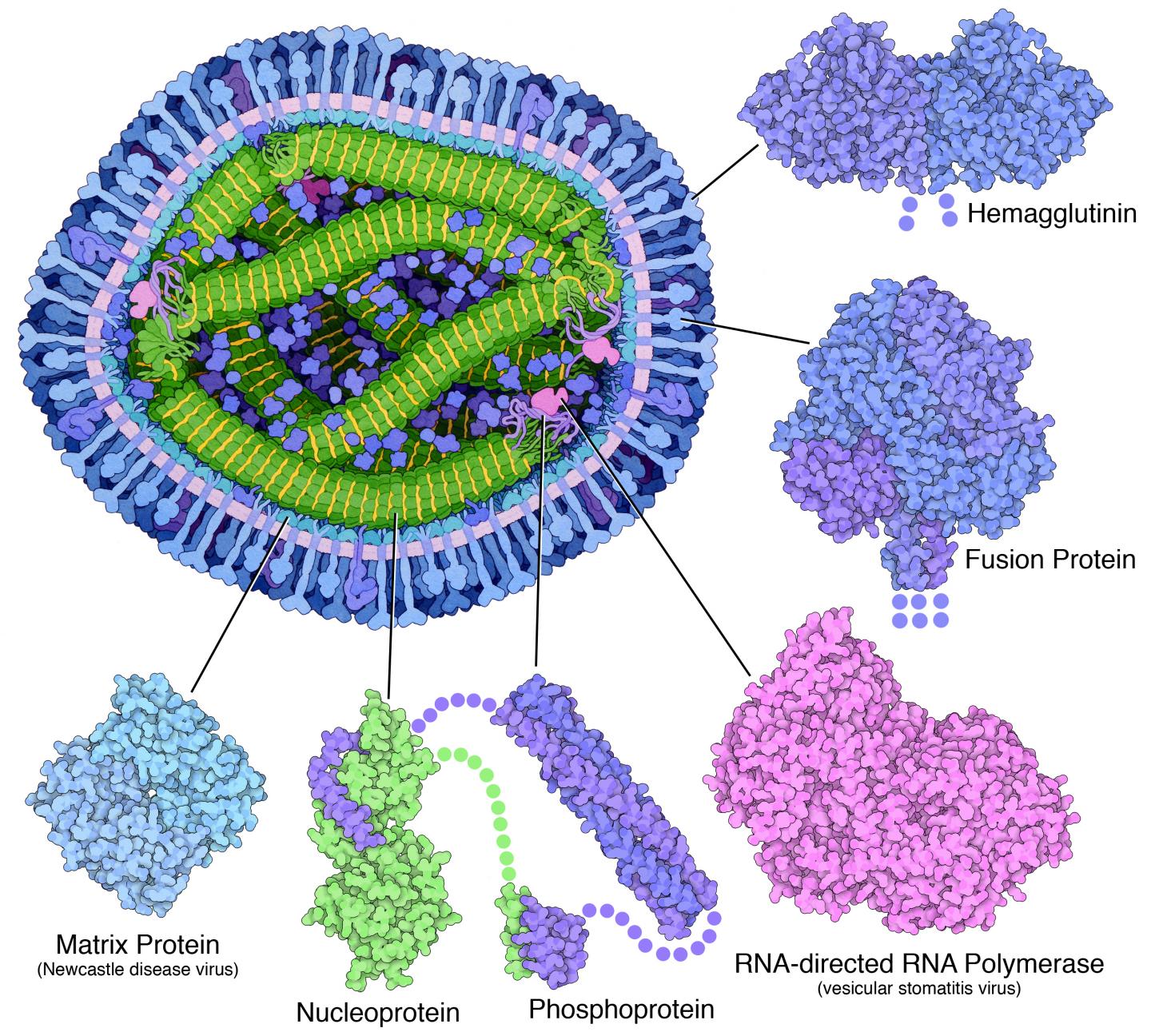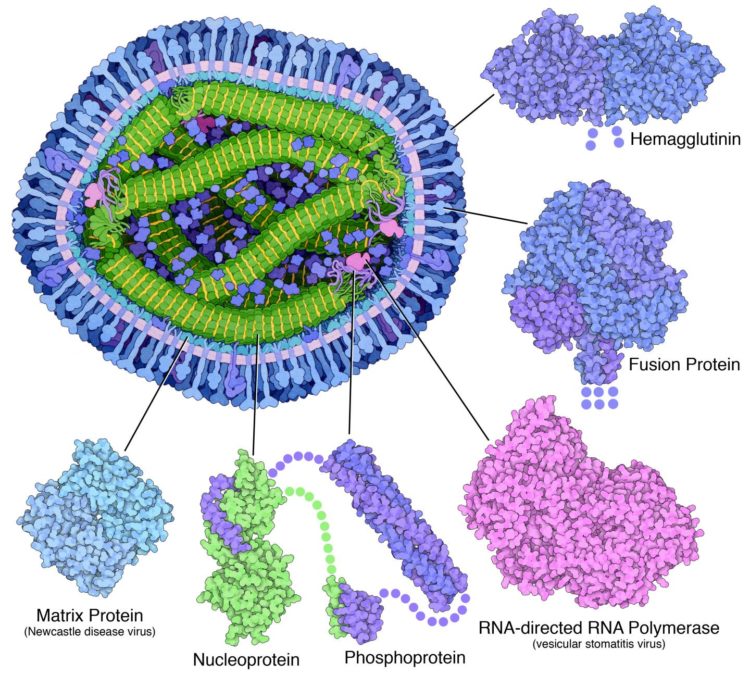Data bank makes more than 150,000 3D biomolecular structures freely available to the public

Credit: David S. Goodsell
The RCSB Protein Data Bank headquartered at Rutgers University-New Brunswick has been awarded $34.5 million in grants over five years from three U.S. government agencies.
The funding – an approximately 5 percent increase over the previous five-year period – covers ongoing operations and will expand the reach of the world’s only open-access, digital data resource for the 3D biomolecular structures of life.
The data bank, housed at Rutgers since 1998, plans to use the increased new funding to enhance services available to researchers, academic institutions, for-profit companies and the public. The operating grants come from the National Science Foundation, U.S. Department of Energy, and the National Cancer Institute, National Institute of Allergy and Infectious Diseases, and National Institute of General Medical Sciences within the National Institutes of Health.
“These grants are vital and greatly appreciated because the Protein Data Bank plays a central role in the discovery of lifesaving drugs, basic and applied biological and medical research and patent applications by universities as well as biopharmaceutical and biotechnology companies,” said principal investigator Stephen K. Burley, University Professor and Henry Rutgers Chair, who directs the data bank and the Institute for Quantitative Biomedicine. “It is a public good with far-reaching impacts, and with renewed funding we plan to help usher in a new golden age of structural biology.”
The Protein Data Bank archive houses more than 150,000 3D structures for proteins, DNA and RNA that are freely available worldwide. The archive is jointly managed by the Worldwide Protein Data Bank partnership, involving data centers in the United States, Europe and Asia. U.S. operations are led by the RCSB Protein Data Bank at Rutgers, the University of California, San Diego-San Diego Supercomputer Center and the University of California, San Francisco.
Helen M. Berman, Board of Governors Distinguished Professor Emerita of Chemistry and Chemical Biology at Rutgers-New Brunswick, co-founded the data bank in 1971, brought it to Rutgers in 1998 and led the organization until 2014.
The data bank is growing by nearly 10 percent per year and is used by millions worldwide. Nearly 2 million molecular structure data files are downloaded every day by researchers, educators, students, citizens, medical professionals, patients, patient advocates and biopharmaceutical and biotechnology companies.
Individuals working in agriculture, basic biology and zoology, biomedicine, computer science, math, physical sciences, materials science, biomedical engineering, bioenergy and renewable energy benefit from the freely available data. It would cost an estimated $15 billion to replicate the contents of the data bank archive.
A Rutgers team of expert bio-curators reviews each new structure deposited to the data bank, and a bicoastal team of software developers builds tools. Planned enhancements include improving the quality of data bank structures and broadening their availability across the sciences.
###
Rutgers also has an outreach/education team that develops award-winning illustrations and videos as well as curricula and other educational materials. More than 600,000 people a year visit the data bank’s education and outreach website.
Media Contact
Todd Bates
[email protected]
848-932-0550
Original Source
https:/





